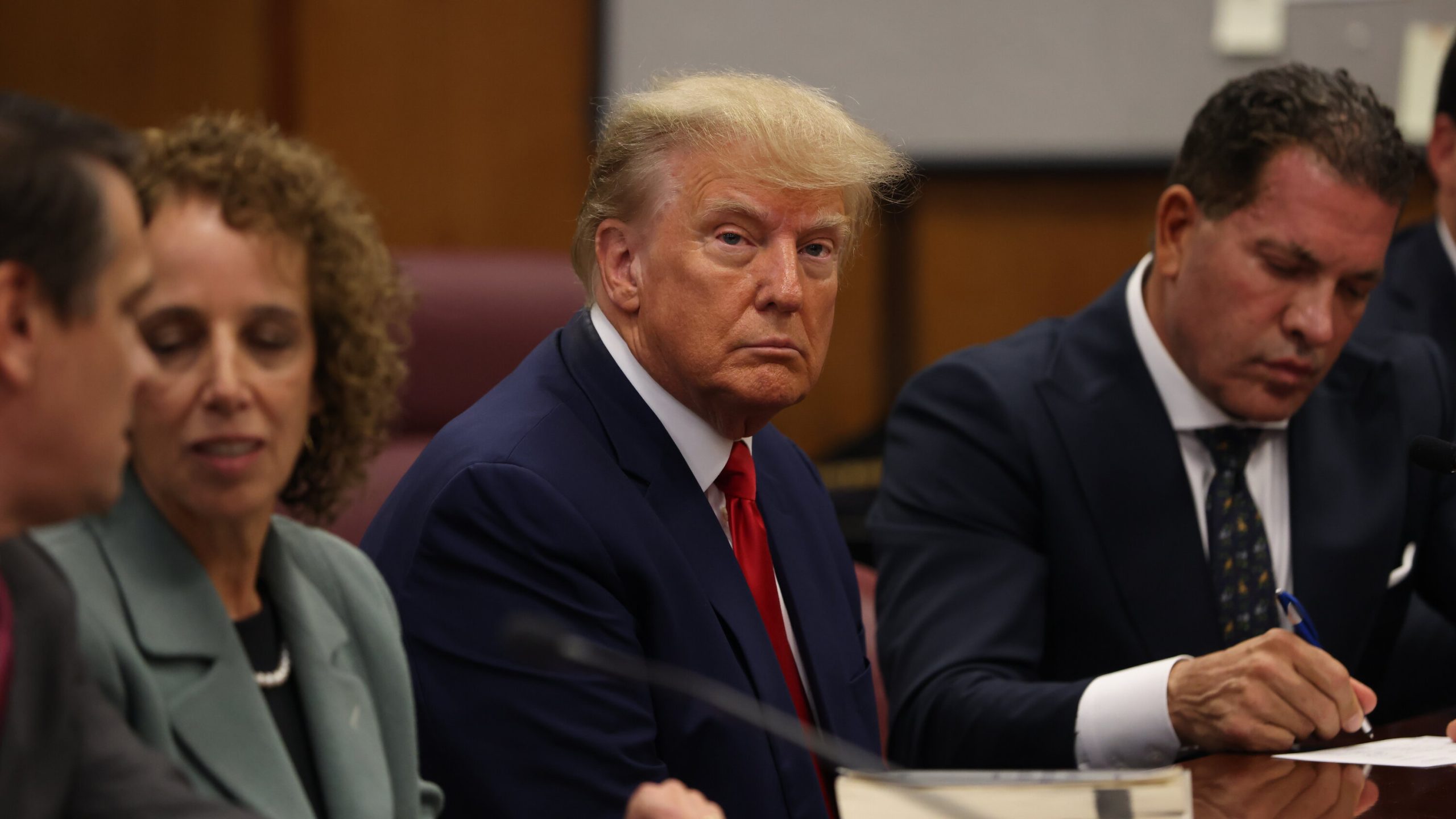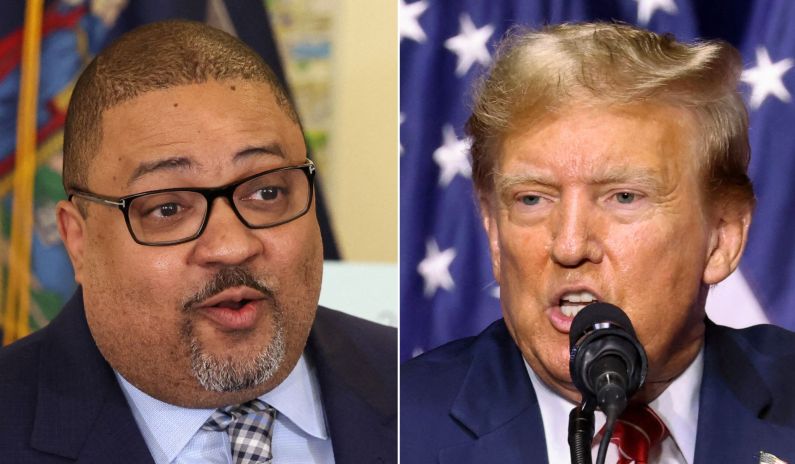Donald Trump is currently facing a state criminal trial over allegations of violating federal election laws, which are typically under the jurisdiction of federal enforcement agencies. The charges stem from a 34-count indictment issued last spring by Manhattan District Attorney Alvin Bragg, which initially appeared to focus on state falsification-of-records charges.
In the statement of facts accompanying the indictment, Bragg obscured the fact that he was pursuing violations of federal law, likely to avoid controversy. Instead, the statement vaguely referenced a “scheme” involving violations of election laws without specifying details. It also emphasized the illegality of payments made by Trump’s former lawyer, Michael Cohen, framing them as illegal campaign contributions.

Donald Trump (Credits: The New York Times)
However, critics argue that Bragg’s prosecution seems to be stretching the bounds of state law to target Trump, particularly regarding the classification of Cohen’s payment to Stormy Daniels as an illegal campaign expenditure. They highlight the lack of concrete evidence linking the payment to campaign activities and question Cohen’s expertise in campaign finance law.
Bragg’s case relies on portraying Trump’s actions as fraudulent, particularly regarding the misrepresentation of payments to Cohen in Trump’s financial records. While this could potentially constitute a violation of state law, skeptics argue that Bragg’s interpretation lacks evidence of fraudulent intent and fails to demonstrate concrete harm to justify felony charges.
Bragg’s decision to introduce evidence related to the “Access Hollywood” tape in court has raised concerns about the fairness of the trial and its potential to prejudice the jury against Trump. Critics view this as part of a broader partisan agenda to target Trump, similar to Bragg’s alleged selective prosecution practices.
The trial raises questions about the boundaries between state and federal jurisdiction in prosecuting election-related offenses, as well as concerns about the politicization of the legal process.























